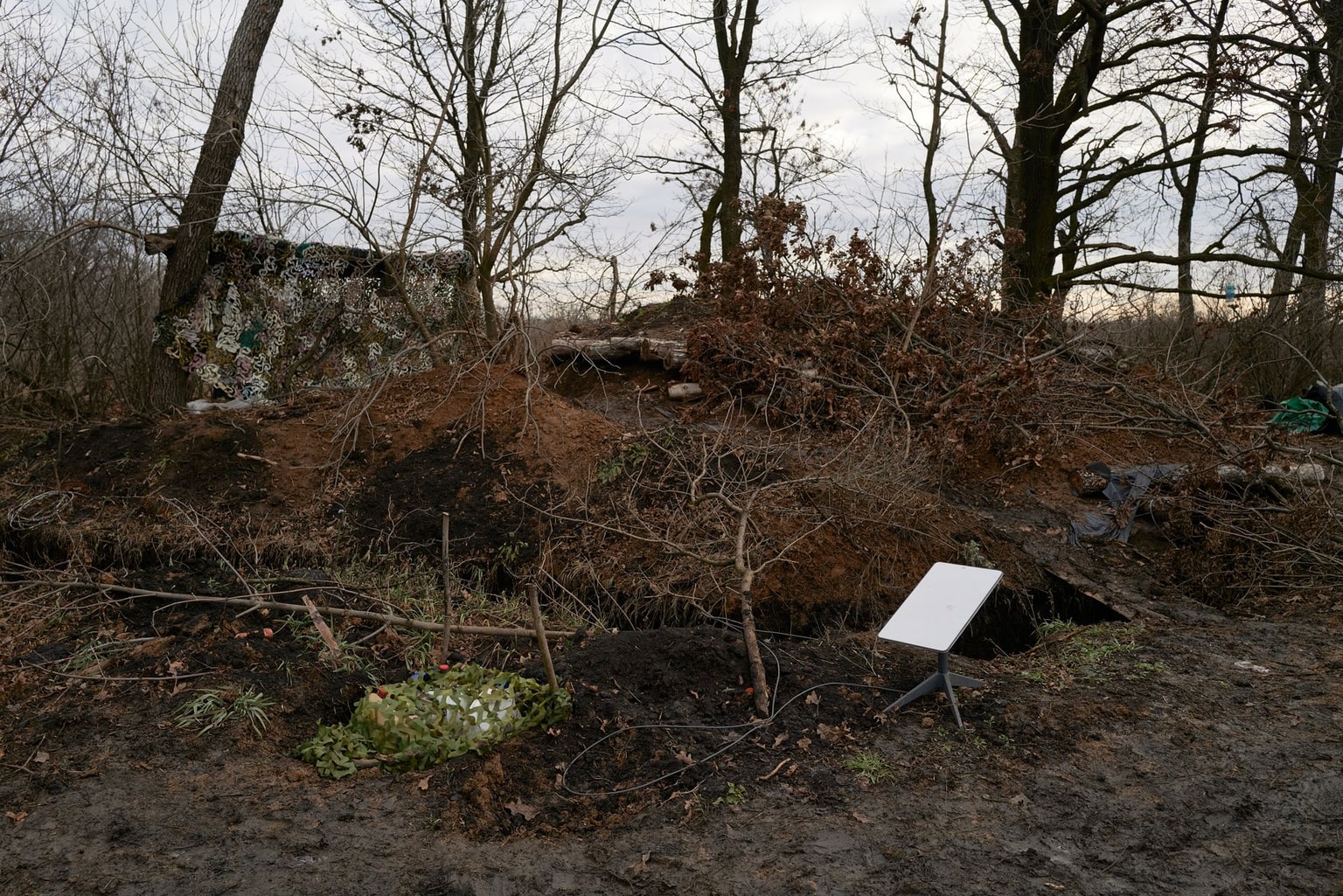The European Council added the violation of restrictive measures to the list of “EU crimes” on Nov. 28.
The criminalization will help ensure the same level of sanctions across the EU and prevent attempts to evade the union’s restrictions, according to the Council.
As the EU “has adopted an unprecedented number of sanctions to target Russia’s economy and thwart its ability to continue with this aggression (against Ukraine)... today’s decision is an essential tool to ensure any attempts to circumvent these measures will be stopped,” Pavel Blazek, Czech Justice Minister said.
The European Commission will then propose a directive defining criminal offenses and penalties for violating EU sanctions, as member states currently have different rules on this matter.
This inconsistency may lead to allowing sanctioned individuals to continue to access their assets and assist the regimes against which EU restrictions apply.
The Irish Times reported on Nov. 22 that the EU planned to enable the confiscation of assets belonging to those trying to evade sanctions against Russia, aiming to transfer them to Ukraine.
The EU has frozen assets belonging to 1,239 individuals and 116 companies due to their connection to Russia’s invasion of Ukraine. Together they are worth 17.73 billion euros, according to the Irish Times.










